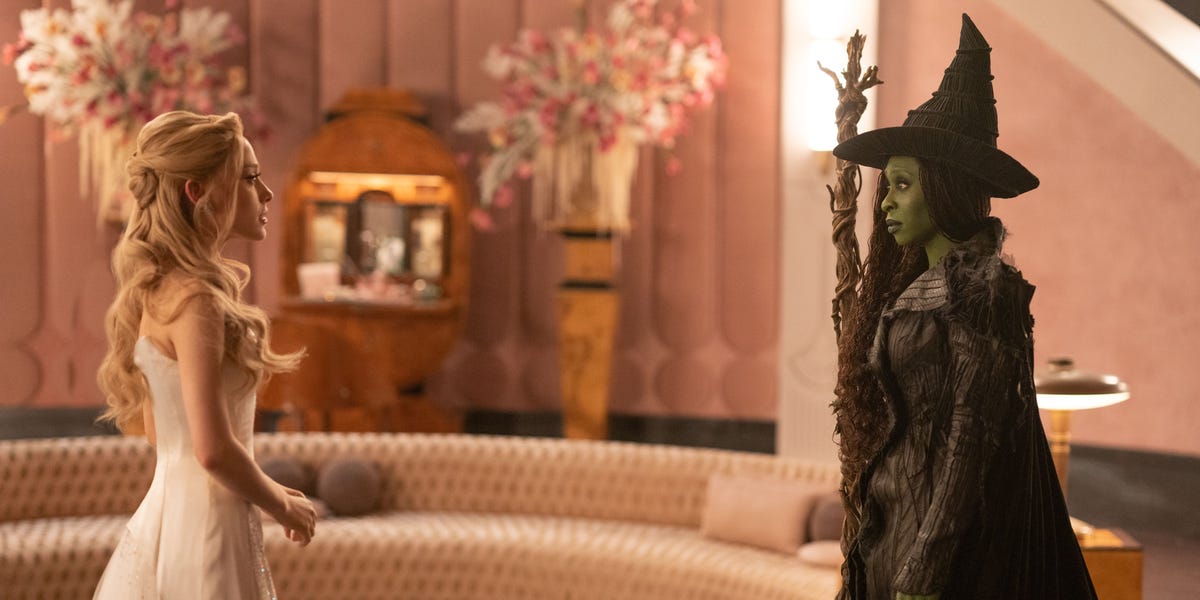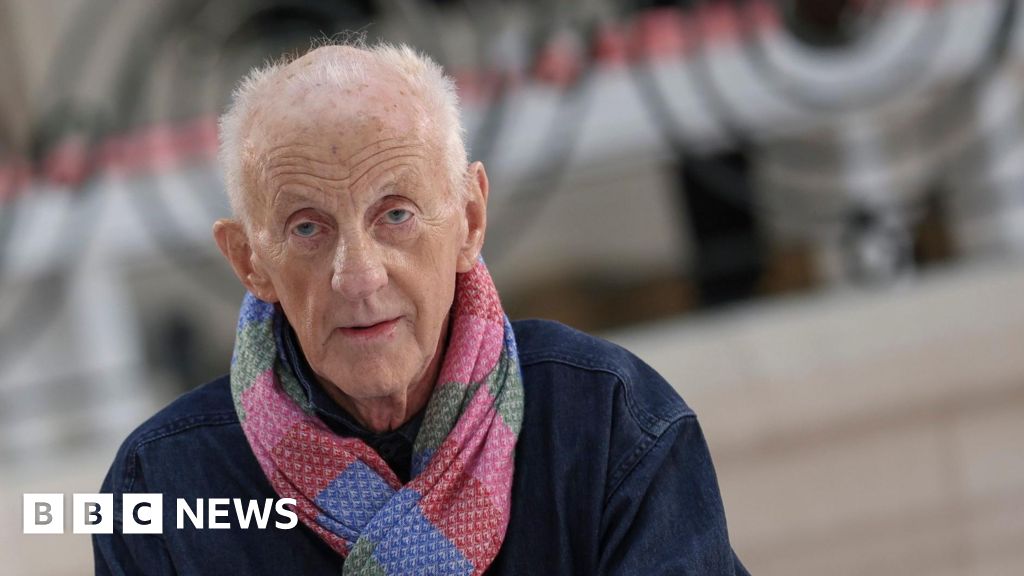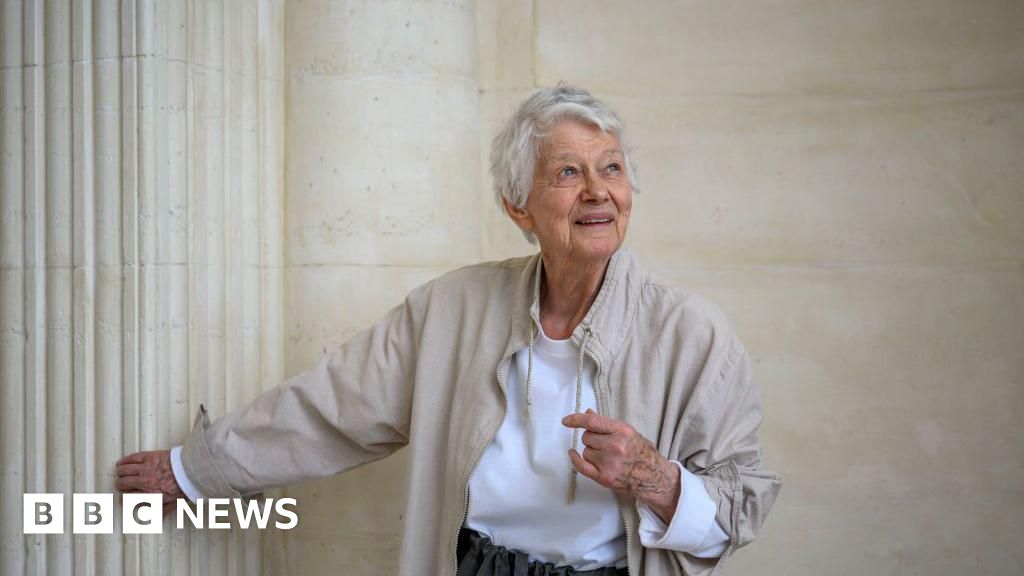It’s impossible to hear your favorite song for the first time again. But for ARMY, the loyal and dedicated fans of K-pop supergroup BTS, it is possible to hear some of the group’s biggest hits in a new way thanks to Apple Music.
The…

It’s impossible to hear your favorite song for the first time again. But for ARMY, the loyal and dedicated fans of K-pop supergroup BTS, it is possible to hear some of the group’s biggest hits in a new way thanks to Apple Music.
The…

Sony Pictures International Productions (SPIP) has signed a multi-year agreement with the Film Committee at Media City Qatar to co-finance Arabic-language films from the Middle East and North Africa.
Qatar’s Film Committee announced the…

Nathan Crowley needed Glinda’s apartment to do two contradictory things at once: First, it had to feel like her—warm, soft, and unmistakably pink, with the golden age Hollywood glamor that defines her character. Second, it had to exist inside…

We’re a third of the way through the fabulously camp production of Wicked Witches, a mashup of Wicked and The Wizard of Oz, at the Pleasance theatre in Islington, north London. Dor (formerly known as Dorothy) and Tin 2.0 need guidance on how to…

 Getty Images
Getty ImagesIrish fashion designer Paul Costelloe has died in London aged 80.
Costelloe became one of the best-known names in British and Irish fashion and was personal designer to the late…

 Getty Images
Getty ImagesAn exhibition of work by British artist Bridget Riley has opened at Kent’s Turner Contemporary.
The show includes the influential 94-year-old painter’s works…

Updated on: Nov 22, 2025 08:01 pm IST

The daughter of an iconic actor revealed more details about her father’s ongoing health this week.
Actress Rumer Willis provided a candid update about her father Bruce Willis’s ongoing battle with frontotemporal dementia (FTD), revealing that…

A funny thing happened over the course of the streaming wars: As the end goal of the tech and media companies became global TV domination, the niches and specialities of many companies faded away (even Disney and ESPN with their strong consumer…

Ferren Areios, Captain of the Ultramarines’ 6th Company, was first seen in the Dawn of Fire series and now stars in his own Black Library novel, Master of Rites (which is also available to pre-order today). A warrior forged in the fires of the…